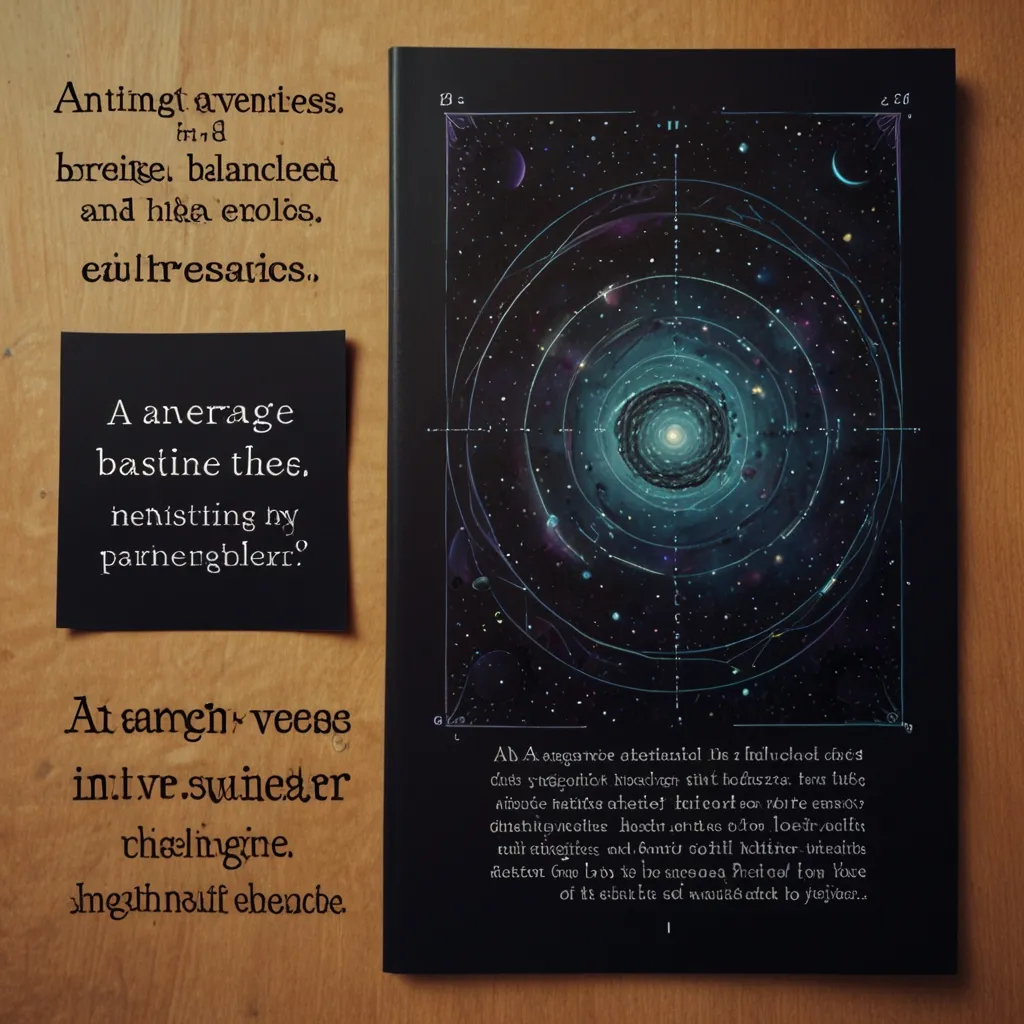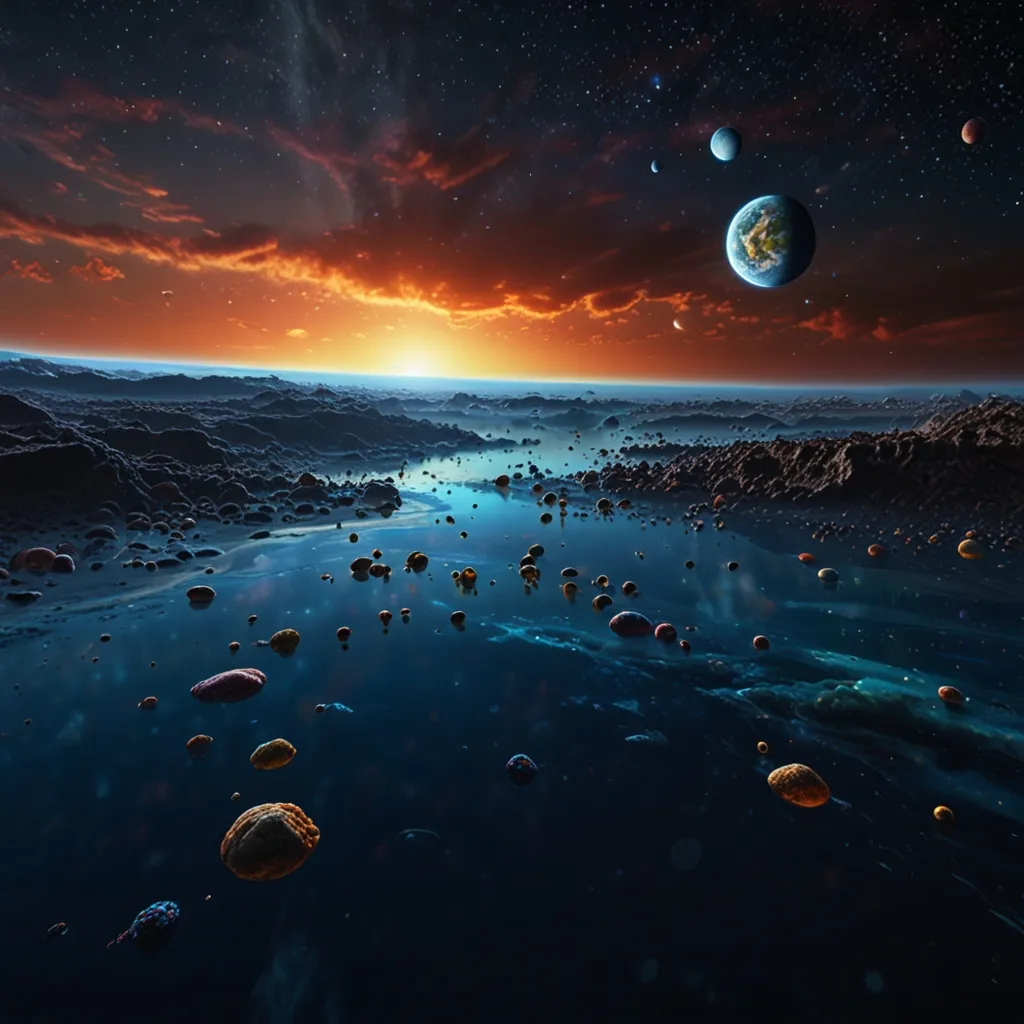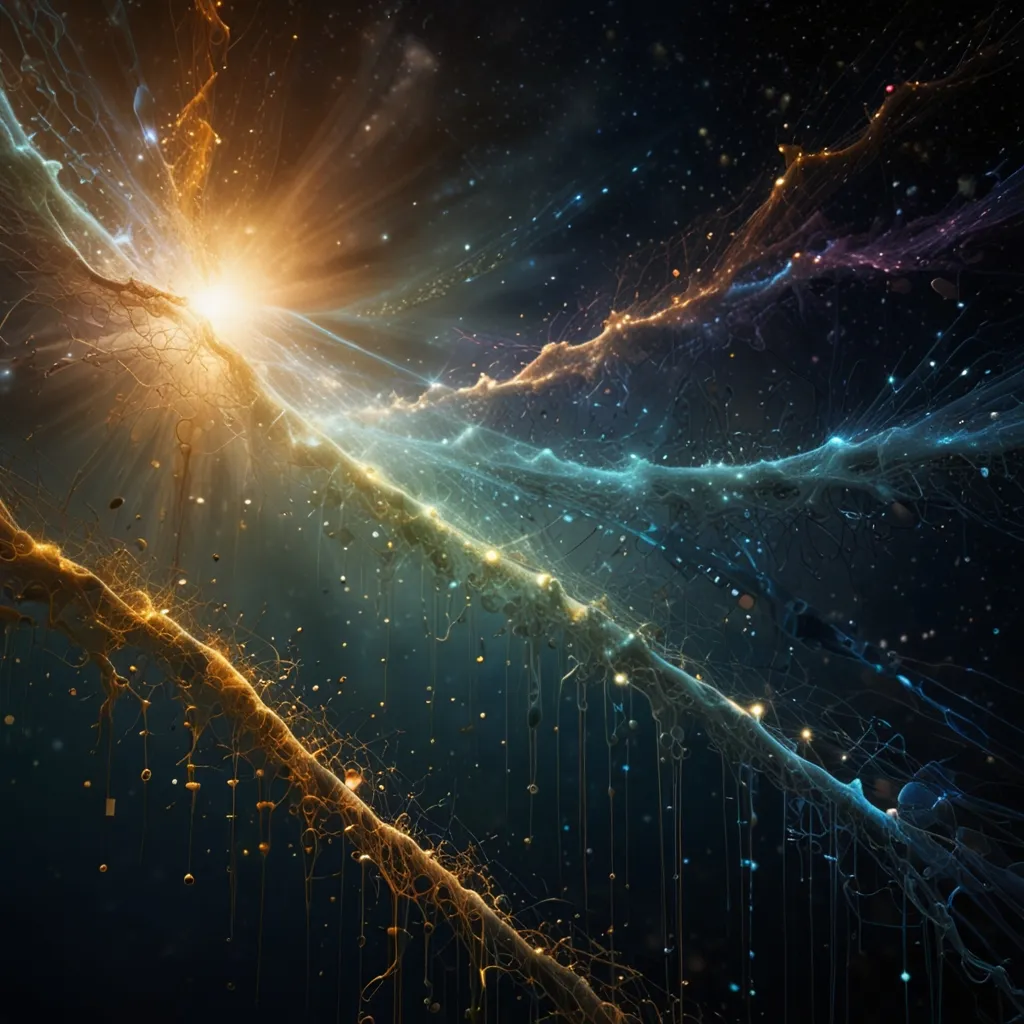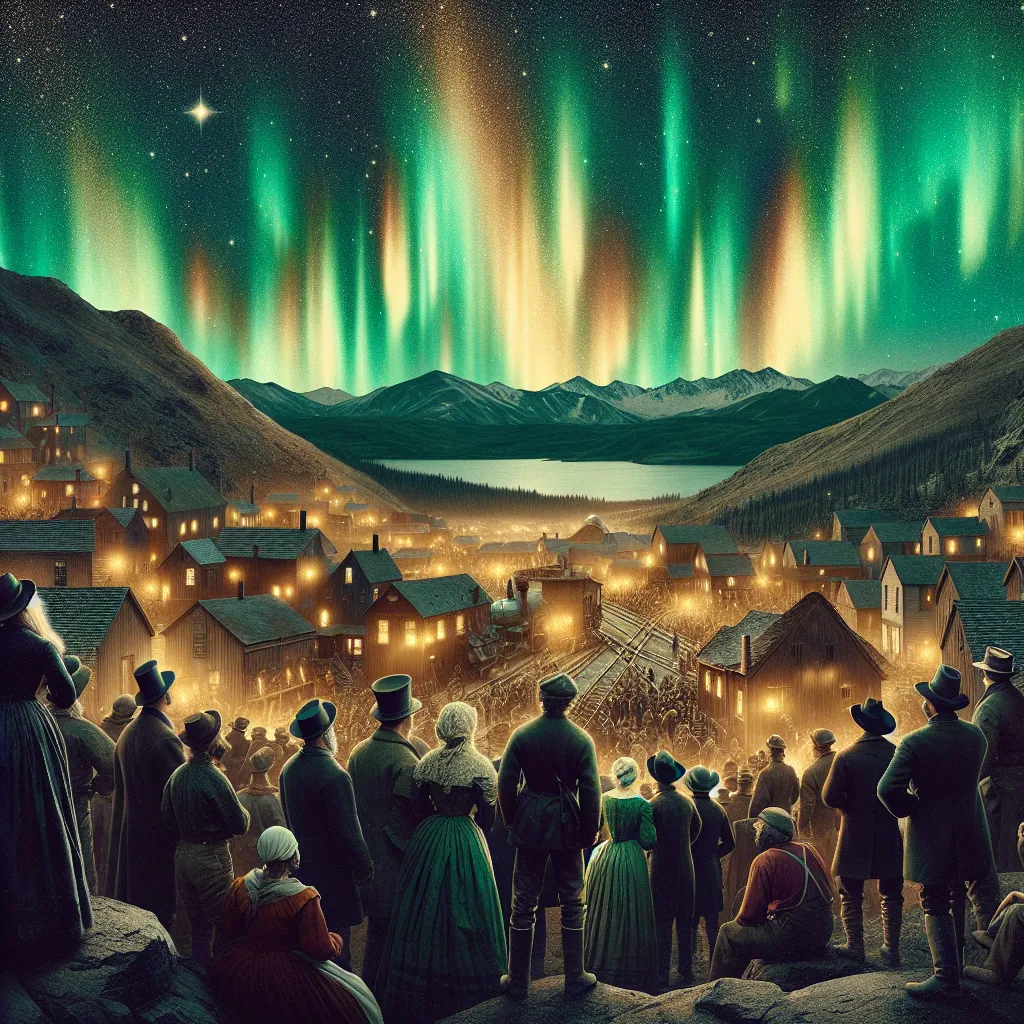Why does something exist rather than nothing? It’s a question that has puzzled humanity for eons. We understand the “how” and “what” of our existence—Newton’s law of gravity, Einstein’s relativity, Planck’s quantum physics all lay out a mathematical framework for the universe. But the “why” remains elusive.
These laws govern our universe consistently, verified by countless experiments. But why do these laws exist at all? Why aren’t there different laws, or none at all? And why should these laws be expressible through mathematics, a language we happen to understand?
Let’s simplify. Imagine the most basic form of existence—nothing. No matter, no energy, no time, no laws. Describing ‘nothing’ is straightforward because we’d cease to exist to ask the question. But clearly, our universe is not nothing; it’s something.
On the flip side, picture the most complex universe—one without any discernible laws, completely chaotic and unpredictable. In such a place, life as we know it couldn’t exist. Life needs stability, basic consistent properties, time to allow events to occur, and energy to grow and reproduce.
Our universe falls somewhere between the simplicity of nothing and the chaos of total unpredictability. It’s neither elegant nor perfect. There are phenomena we don’t fully understand like dark matter and dark energy. There’s suffering, disease, and death. Yet, there’s also love, generosity, and happiness.
Our universe isn’t total bliss, nor total misery. It’s an average, mediocre middle ground. Given the spectrum of possible universes, this mediocrity makes sense. If we were in a universe of extreme bliss or misery, our existence would be improbable.
Consider the idea that there could be infinite universes between simplicity and chaos, bliss and misery. We exist in one such universe, not made specially for us but rather a by-product of possible existences. If the universe were tailored for us, everyday dangers like diseases, natural disasters, and the need for spacesuits in space wouldn’t exist.
Perhaps existence is inevitable, and nothingness is highly improbable. If that’s true, a mediocre, non-special universe like ours should be expected. We exist because we have the consciousness, intelligence, and awareness to ponder our existence. And that, in itself, might be the most profound answer to “why are we here?”






